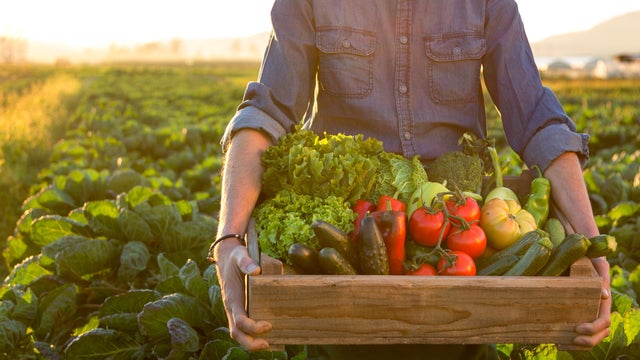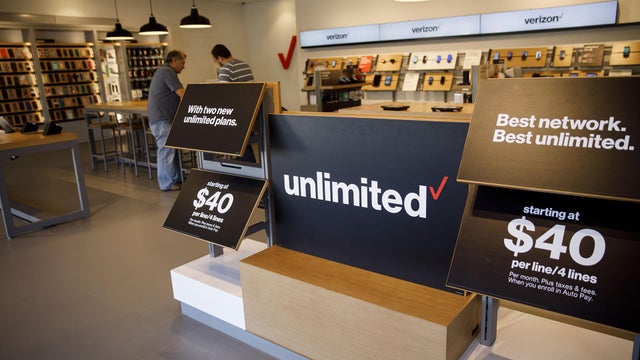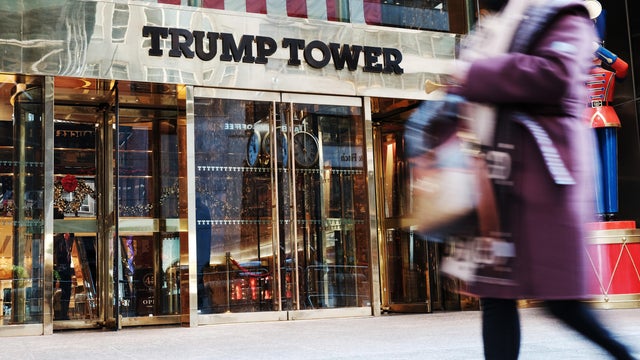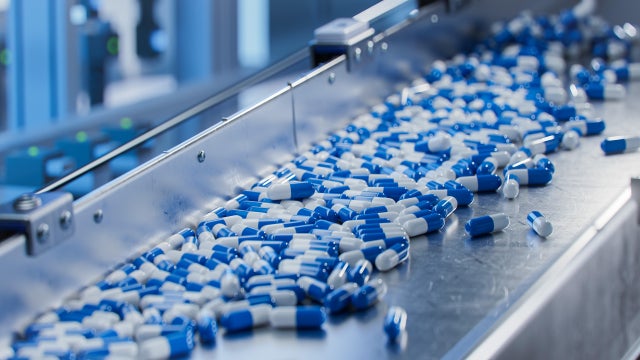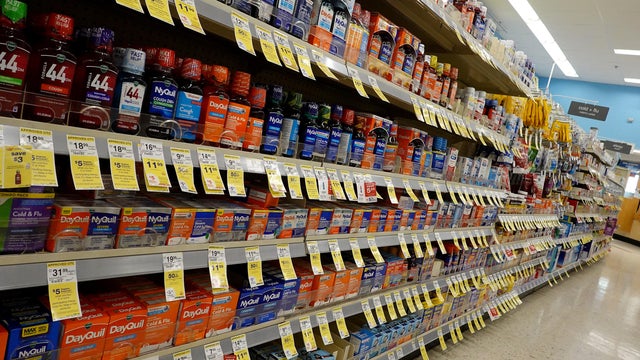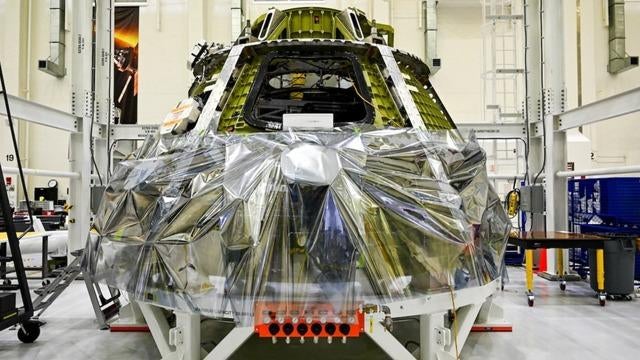Where do meal kit ingredients come from?
Eating healthy isn't just about having the right ingredients at the right time. You have to know where they come from. Many meal kit delivery services -- like SunBasket, a certified organic service that offers fresh produce and responsibly-sourced proteins -- are transparent about where their ingredients actually come from.
This level of transparency is important for sticking to a healthy diet. In the same way that you should have easy access to accurate nutritional labels for different meal kit options, food sourcing practices shouldn't be a mystery to you.
Where do meal kit ingredients come from?
The best meal kits fill their boxes with pre-portioned ingredients sourced directly from farms and other suppliers that follow strict food safety and animal welfare practices. Many meal kit delivery services outline their commitment to sustainability and responsibly sourced ingredients on their website -- take this breakdown by HelloFresh for example.
From farm to table: Locally sourced meal kit ingredients
Farm-to-table foods are made using fresh ingredients that come from local sources. Many meal kits work directly with farms and ranches to achieve this with most, if not all, of their ingredients. There are a number of benefits to eating locally sourced food:
- Prioritizing seasonal foods can reduce the risk of artificial chemicals, since these ingredients have grown and ripened naturally.
- Local produce tends to stay fresh longer than fruits and vegetables that were picked elsewhere and shipped long distances to reach the customer.
- Working with local farms and other suppliers can help to support the local community. You get fresh, nontoxic foods, meal delivery companies get to continue offering seasonal ingredients and meals, and local businesses earn a profit through steady business. It's a win-win-win!
A key part of knowing where your favorite meal kit sources its ingredients is transparency. Meal kit delivery services like Blue Apron make it easy to read up on their sustainability practices and supplier partnerships. One of Blue Apron's recent partnerships includes a 50-year old family-run business out of New Jersey, for example.
Blue Apron works with more than 100 locally owned suppliers for its ingredients, including family-owned farms, ranches, and fisheries. It also backs up its claims about the importance of food safety and humane food sourcing with its Animal Welfare policy. Blue Apron is one of many meal kits committed to offering beef, poultry, and pork that is completely hormone- and antibiotic-free.
What does 'certified organic' mean?
According to the USDA, certified organic foods are grown or processed according to certain standards and federal guidelines. For produce, that means no artificial chemicals, which includes most fertilizers and pesticides, in the soil prior to harvest. This also extends to meat such as beef and poultry, with rules regulating the living conditions for animals.
This is a big reason why shopping and eating organic is so important. When it comes to the best organic meal kits, Green Chef is a top contender for healthy eating and transparent food sourcing practices.
As a USDA-certified organic meal kit company, Green Chef aims to pair eaters interested in a fully organic diet with farm-fresh produce and eggs, proteins from ethically-raised animals, and options for organic beef, chicken, and wild-caught seafood.
for more features.

